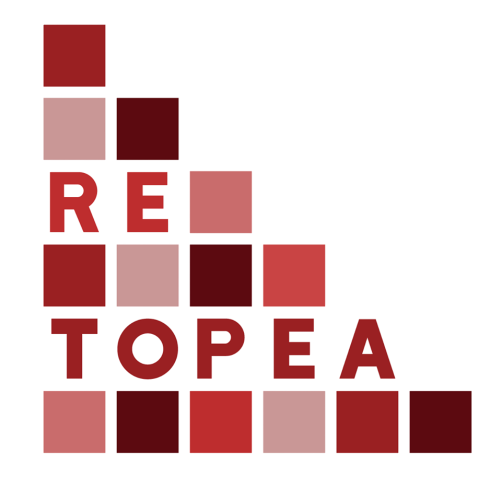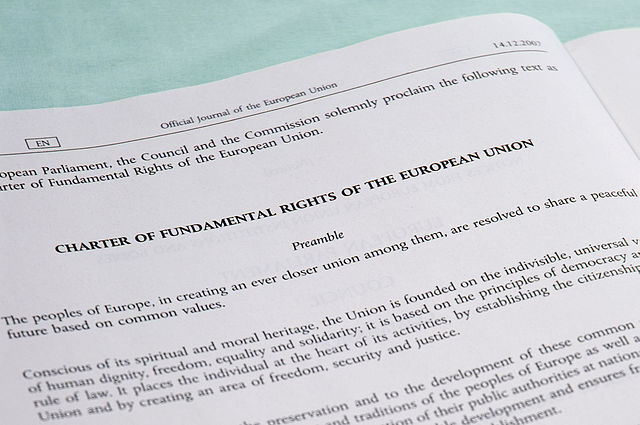Charter of Fundamental Rights of the European Union: freedom of thought, conscience and religion
The Charter of Fundamental Rights of the European Union constitutes a set of rights, freedoms, and principles organised into seven subchapters and 54 articles. Article 10, titled ‘Freedom of thought, conscience and religion’, is part of the second CFREU’s section on ‘Freedoms’. The ‘freedom of thought, conscience and religion’, according to the article, is granted to everyone living in the EU – regardless of their confession, belief, ethnic or racial origin. Moreover, the article is clear that the ‘freedom of thought, conscience and religion’ includes ‘freedom to change religion or belief and freedom, either alone or in community with others and in public or in private, to manifest religion or belief, in worship, teaching, practice, and observance’.
Article 10 reads as follows:
10 – Freedom of thought, conscience and religion:
1. "Everyone has the right to freedom of thought, conscience and religion. This right includes freedom to change religion or belief and freedom, either alone or in community with others and in public or in private, to manifest religion or belief, in worship, teaching, practice and observance."
Context:
The Charter of Fundamental Rights of the European Union (CFREU) was officially proclaimed in December 2000 during the Intergovernmental Conference in Nice, France, a formal process for negotiating changes to the EU’s founding treaties. The CFREU draws its principles from a range of international and national sources, as well as the European Community’s 1989 Charter of the Fundamental Social Rights of Workers.
Recognized by the European Parliament, the Council of Ministers, and the European Commission, the CFREU marked a significant milestone in advancing human rights within the EU. To support its implementation, the European Union established the Agency for Fundamental Rights in 2007. This body is tasked with monitoring, collecting, and analyzing data to ensure the effective application of the CFREU.
How do you understand the CFREU's "freedom of thought, conscience and religion"? What other rights and freedoms does it provide? How are they connected?
For more information on this and other peace treaties, see

